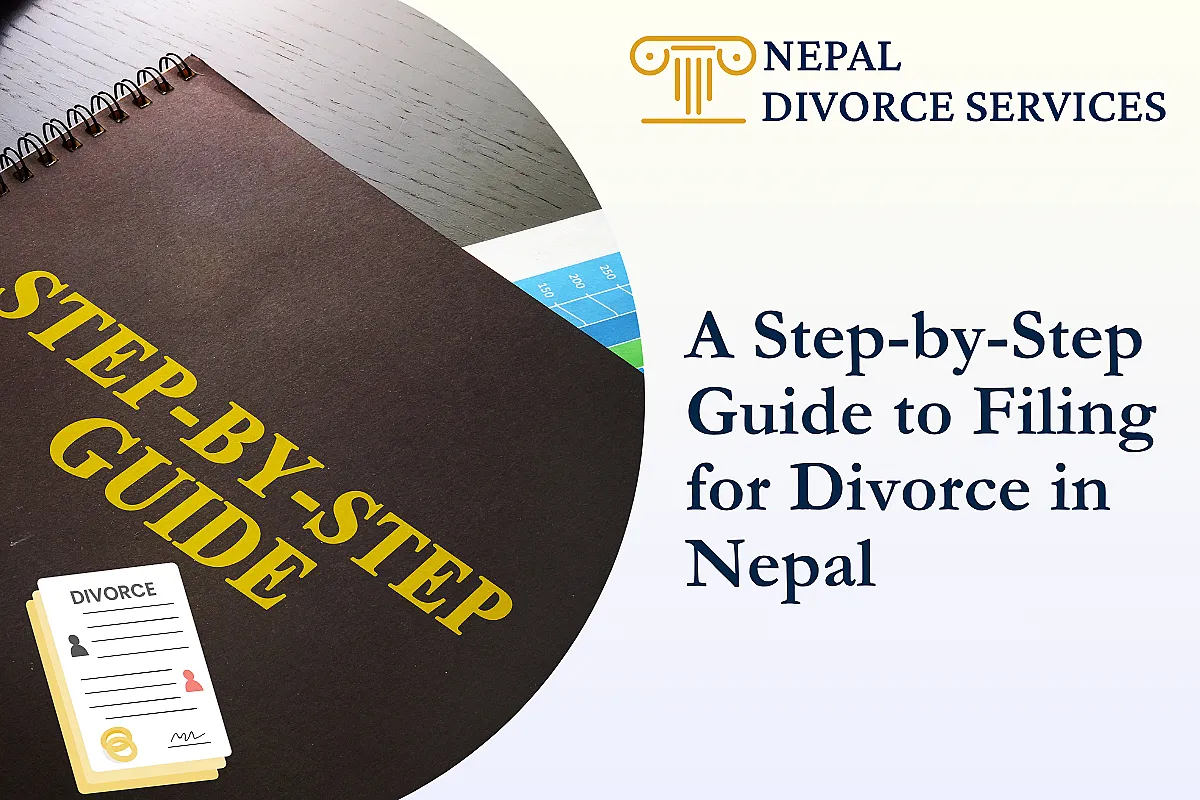Tag : Professional Law Firm
A Step-by-Step Guide to Filing for Divorce in Nepal
Divorce can be a complicated and emotional process, but knowing the steps involved can help make the process smoother. If you're considering filing for divorce in Nepal, this guide will provide you with a step-by-step process to follow.
Divorce In Nepal: Everything You Need to Know
Divorce in Nepal is a legal procedure governed by the Marriage Registration Act, 2028 (1971). This article outlines the grounds for divorce, the step-by-step process, and the legal requirements necessary to navigate divorce in Nepal. As divorce becomes more common, especially in urban areas, understanding these details is crucial for anyone considering ending their marriage.
Divorce Around the World: Shocking Facts You Didn't Know
Discover surprising facts about divorce across the globe, from the lowest divorce rates in Guatemala to the staggering 45% rate in the U.S. Learn about unusual divorce cases, how smoking or gender dynamics impact marriages, and understand the financial and emotional costs. This article offers deep insights into the complexities of divorce and practical advice for couples navigating separation.
Online Divorce in Nepal: Is It Possible and How to Do It?
This article explains the challenges and opportunities of online divorce in Nepal. It covers the legal, technological, and social factors that prevent online divorce, as well as the solutions and benefits of online divorce. It also provides information on how to find and work with online divorce lawyers in Nepal.
Conditions for Husband to file Divorce in Nepal
Divorce is the legal termination of a marriage relationship between two spouses. In Nepal, divorce is governed by the Muluki Civil Code 2074, which provides the provisions and procedures for divorce in Chapter Three. There are two types of divorce in Nepal: divorce by mutual consent and divorce by court order.
What to Expect from Criminal Lawyers
Criminal lawyers are legal professionals who specialize in defending individuals or entities who are accused of committing crimes. Criminal lawyers can represent their clients in various stages of the criminal justice process, such as investigation, arrest, bail, trial, appeal, and sentencing. Criminal lawyers can also advise their clients on their rights, obligations, and options in dealing with the criminal charges.
The Dos and Don'ts of Negotiating a Legal Settlement in Nepal
Negotiating a legal settlement is a process of resolving a dispute or a claim through dialogue, compromise, and agreement, without going to trial. Negotiating a legal settlement can be beneficial for both parties, as it can save time, money, and stress, and result in a mutually satisfactory outcome. However, negotiating a legal settlement can also be challenging, as it involves various legal, financial, and emotional factors, and requires skill, patience, and strategy.


-medium.webp)




